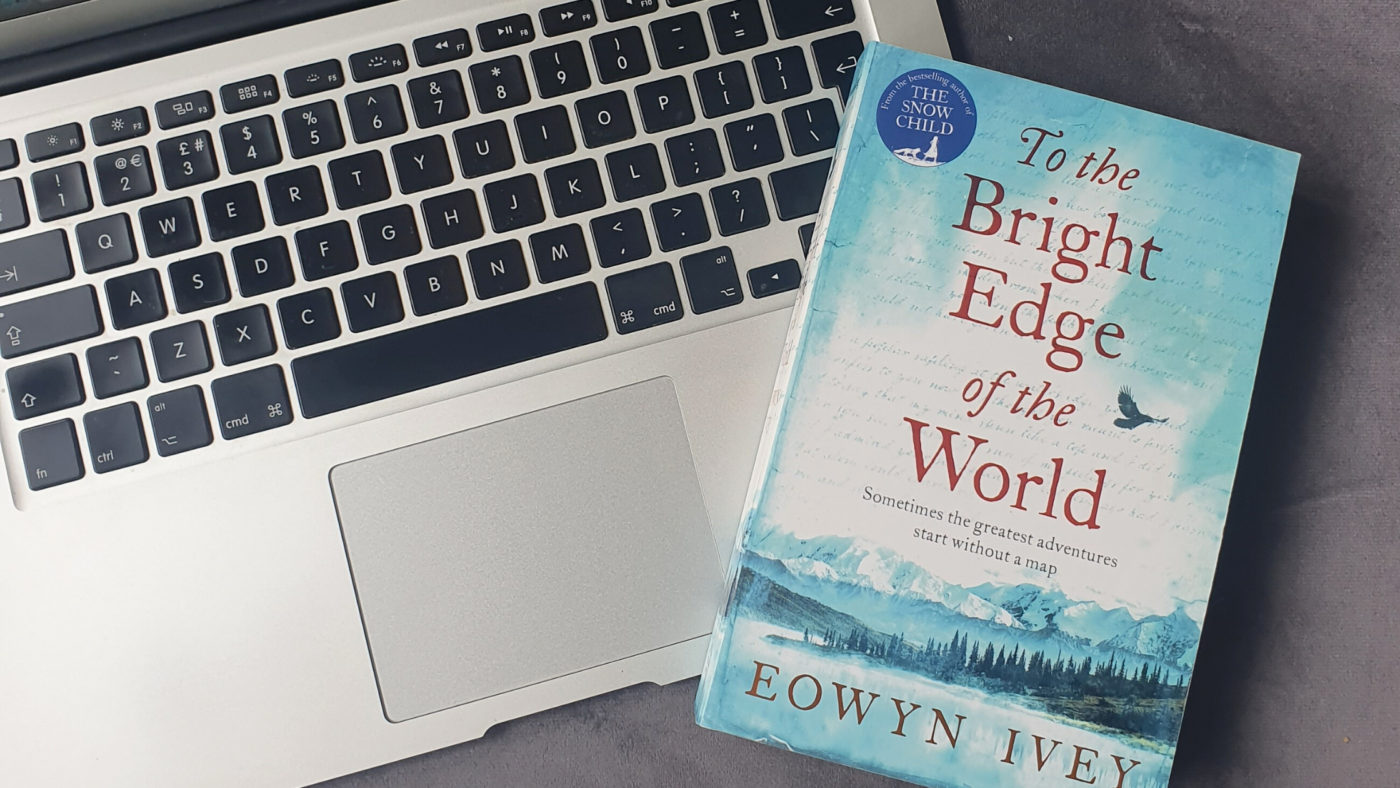The waiting game
There will be waiting. Lots of it. Weeks, months and possibly even years. From the writers I’ve sent, there are some who’ve sent out submissions and received offers within a week or two but they are most likely the exception rather than the rule. So keep busy and keep away from the ‘Refresh email’ button. (Also why hasn’t someone invented an app that sounds an alarm every time a writer hits refresh on their emails during submission and tells them to step away from the inbox)? Start a new writing project or catch up on all the great films, TV and books you’ve not had the time to watch/read.
Getting a request for a full manuscript
If you get a request for a full manuscript, make sure your novel is ready to send out straight away. Make sure you’ve checked all the spelling and grammar before you even send your submission out, so that the agent isn’t kept waiting. I also let all the agents who had my submission know when I had a request for the full. This is because if you get an offer of representation, things can move very fast and they’ll want to be kept in the loop on developments.
At this point, I’ll be honest, I thought ‘Well, they’ve requested the full, they’ll probably come back very quickly now’. And sometimes they do. I’ve heard of agents reading manuscripts overnight, in fact. But the more likely scenario is that they’ll take some time to come back to you. If we think about the full manuscripts agents read as well as responding to initial submissions, not to mention the work they do with their existing clients, imagine how long an agent might need to read a full manuscript. I wished I’d realised this upfront, it would have made things a lot less stressful. So I’d suggest that you don’t chase a full request for at least 2-3 months, unless you’ve had an offer in the meantime.
Dealing with rejection
It’s almost a certainty that you’ll get at least one rejection (if not, you should probably write a book about your secret, so that you can retire a millionaire from all of us writers who’d happily buy it). This is part and parcel of submitting and it can be down to all sorts of things from the fact the agent has something similar on their books to not being sure about how to edit the novel to get it to the place they think it needs to be. An agent needs to love your novel, they’ve got to sell it to other people and if they reject your novel, it’s worth remembering that. You need someone who is going to champion your book as if it was his or her own work. So it’s important to be in the right mindset when submitting.
I actually found not hearing from agents for ages as difficult as the rejections to be honest. At least with a rejection you know either way. But try not to give up hope. It only takes one person to say yes and change everything.
Sending more submissions
One thing you can definitely do when you get a rejection is move straight onto the next agent on your list and send out a new submission. It’ll keep you busy and make you feel like you have some control.
Feedback from agents
Sometimes with rejections, agents will still give some feedback (although more often than not, it’ll be a standard or ‘form’ rejection). Consider whether you want to take it on board or not before you send out to more agents. Similarly, you may get a ‘revise and resubmit’. This is a big deal! It means the agent sees potential in your novel and cares enough to write you some feedback. Again, decide whether you want to take the feedback on board. It’s tempting to think that the agent, as an industry professional, must be ‘right’. But it’s only one take on your novel. You may want to take it in that direction or decide it’s not right for you. That said, if two or more agents give the same specific feedback, it might be worth considering.
And there you have it. I hope these blog posts have been helpful. Do get in touch if you have any other questions and I’ll try my best to answer. I’ll also have more blog posts soon, including one on what to do when you get an offer of representation. Subscribe to my blog to get the latest.




